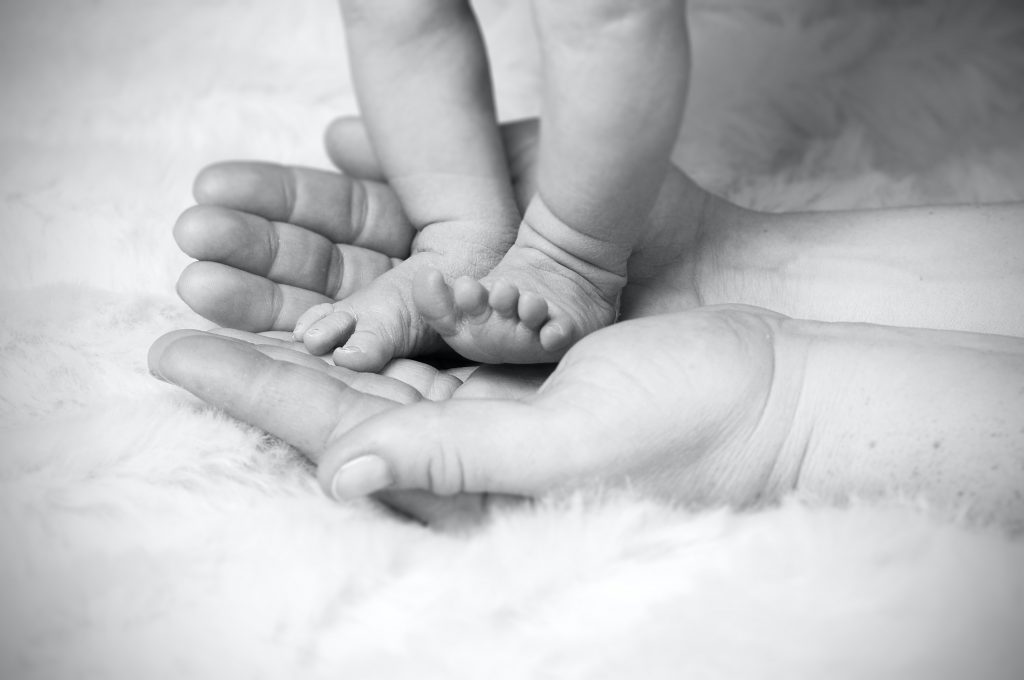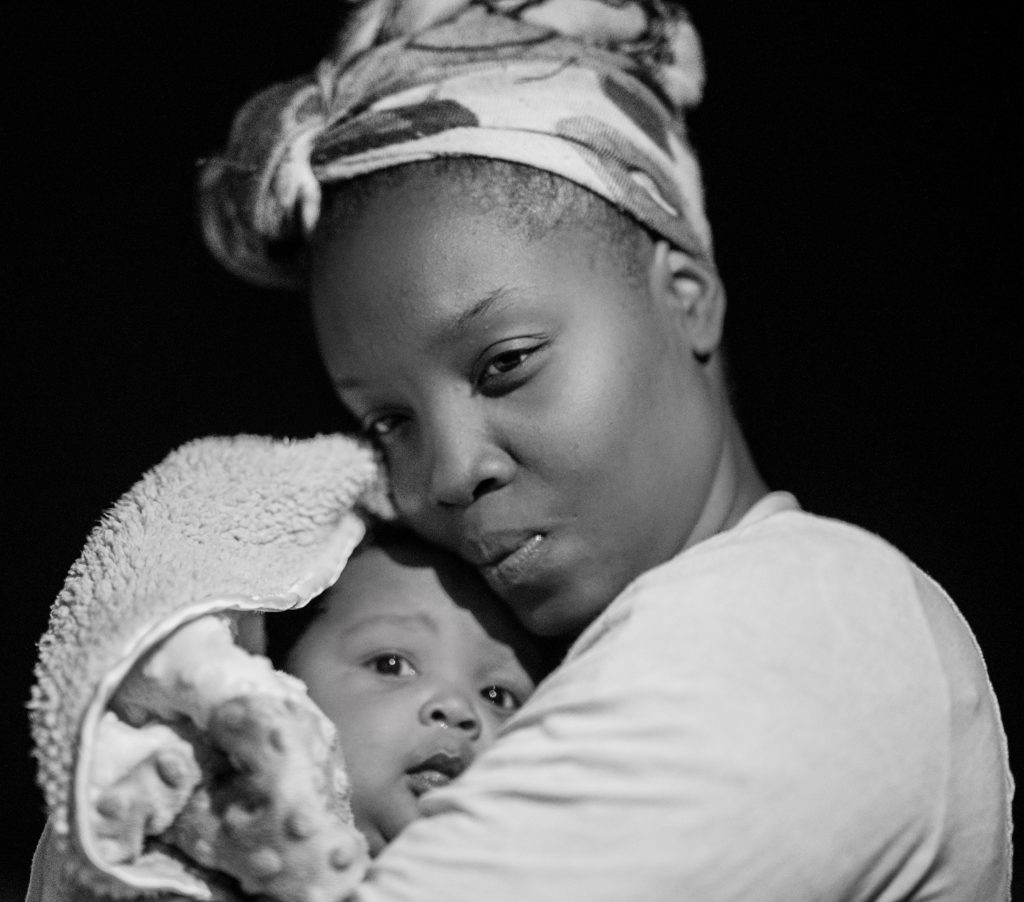29.07.2021
Since 1992, every 1-7 August has marked World Breastfeeding Week as part of a global campaign to raise awareness around breastfeeding issues. World Breastfeeding Week commemorates the Innocenti Declaration which aimed to protect, promote and support breastfeeding. It was created by participants at the WHO and UNICEF policymakers’ meeting on ‘Breastfeeding in the 1990s: A Global Initiative.’
There are many benefits to breastfeeding, for both mother and baby. Breastfeeding can help reduce the risk of infections for your baby because breast milk is filled with antibodies. For mothers, breastfeeding has been shown to reduce the chance of breast and ovarian cancer, as well as heart disease.
However, it’s important to remember that World Breastfeeding Week isn’t about encouraging every woman to breastfeed. The focus is to have a conversation around breastfeeding so you can decide whether or not it’s right for you and your baby. Whatever you choose to do, it’s important to make an informed decision, especially if you’re receiving treatment for a condition like breast cancer.
Whether or not you’re able to consider breastfeeding while still in treatment for breast cancer will depend on many factors such as the stage you’re at in your treatment plan. You’ll receive advice from your personal doctor, nurse or midwife about whether or not you’re ready to breastfeed. Make sure you speak to a qualified professional before making any decisions.

Breastfeeding during chemotherapy is not recommended, because the chemotherapy drugs can be transmitted through your breastmilk. Some medications, like Ibuprofen, are compatible with breastfeeding but chemotherapy can interfere with the normal, healthy division of cells of your baby.
Chemotherapy won’t stop your body from producing milk, so it’s important to have a plan for what to do with this milk. If you plan to begin breastfeeding once your chemotherapy has finished, Macmillan recommends expressing milk throughout your treatment. Be aware that you won’t be able to keep the milk for your baby. You’ll need to ‘pump and dump’ but it will help you continue producing milk throughout treatment. If you don’t express, your milk supply can dry up, meaning you won’t have a choice on if you breastfeed or not once your chemotherapy sessions finish.
Before you begin breastfeeding after chemotherapy treatment, make sure to speak with your doctor or midwife.
Chemotherapy is one of the most widely known cancer treatments, but there are many treatment options available. If your treatment plan involves targeted therapy, immunotherapy drugs or hormonal therapy drugs then you shouldn’t breastfeed. This is because, like chemotherapy, the drugs can be passed to your nursing child through the breastmilk.

Radiotherapy is a very targeted form of treatment and will only target the cancerous breast. Many women find that during radiotherapy, the breast being treated will stop producing milk because the treatment is destructive to milk-making tissue.
For the majority of mothers, they’ll continue to produce breast milk from their non-treated breast. It is safe to breastfeed your baby with milk from your non-treated breast because it hasn’t been subject to any radiation.
If you find that you’re not able to produce enough milk with a single breast’s supply, you can supplement with donor breast milk or formula.
You should speak to your doctor as there are different estimates on when you’ll be able to breastfeed after finishing cancer treatment.
When your doctor has confirmed that it’s safe for you to begin breastfeeding, it’s important to be gentle, and kind, with yourself. Breastfeeding can be challenging physically for any mother, and you may find your breasts are especially sensitive due to breast lobes being damaged. You can use ibuprofen and cold packs to ease the discomfort as your body adjusts.
If you’re able to, try to alternate feeding between both breasts. Feeding using a single breast can make the nipple become irritated very quickly. If you can only breastfeed with one breast, try rubbing some breast milk on your nipple to soothe the irritation.
There could be many reasons you’re unable to produce milk after your breast cancer treatment, or you may simply decide that breastfeeding isn’t the right choice for you. There are many ways you can still make sure your baby can get all of the nutrients they need, so there’s no need to worry about your baby missing out.
Throughout history, it’s been quite common for women to share breast milk. The United Kingdom Association for Milk Banking has very strict processes to make sure all donor breast milk is completely safe for your baby.
The UKAMB also carries out many studies into cancer research and infant nutrition so they’re a valuable source of information. You can use them to find a milk bank near you and see if you and your baby would be eligible for donor breast milk.
Traditionally, formula make has been made from cow’s milk and then been treated to make it suitable for human babies. There are also now many vegan baby formulas available if you and your family don’t drink cow milk.
Formula will offer your baby all of the nutrients they need to develop, but they do lack some of the health benefits of breast milk. Mainly, formula isn’t able to help protect your baby from infections.
If you have noticed anything unusual in your breast, our London breast clinics offer a variety of services including private breast screening, breast ultrasounds and mammograms. Get in touch with us today with any queries and we’ll be more than happy to help.
Stay up to date
To request information on any of our other services, please call or complete the enquiry form below: